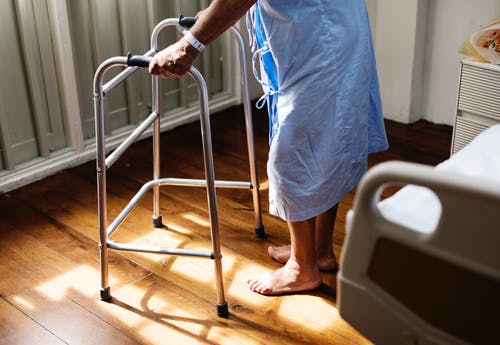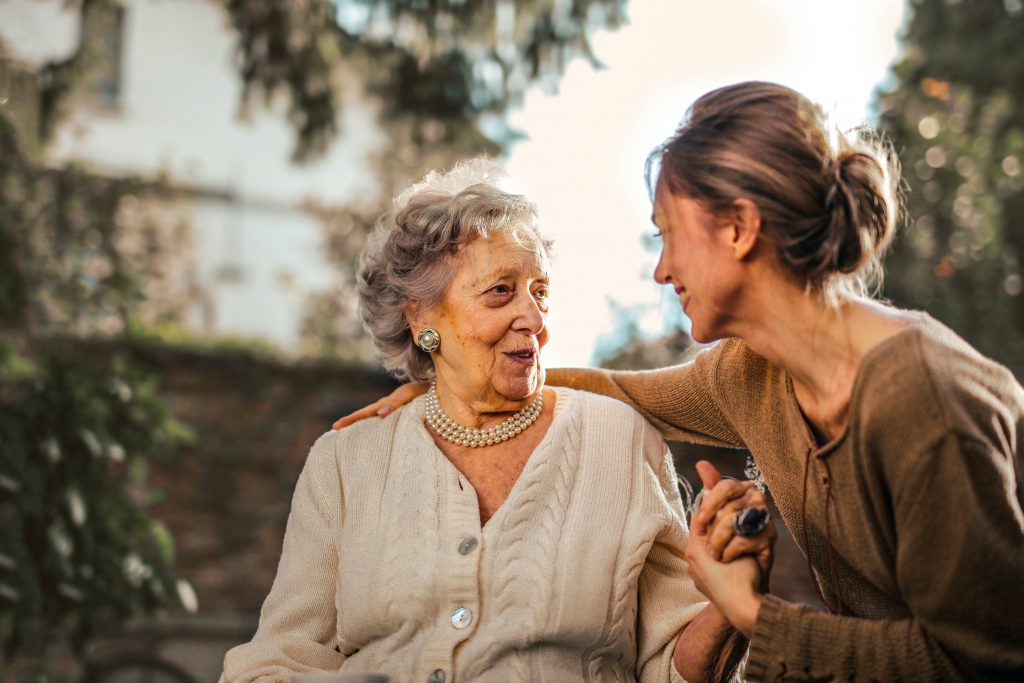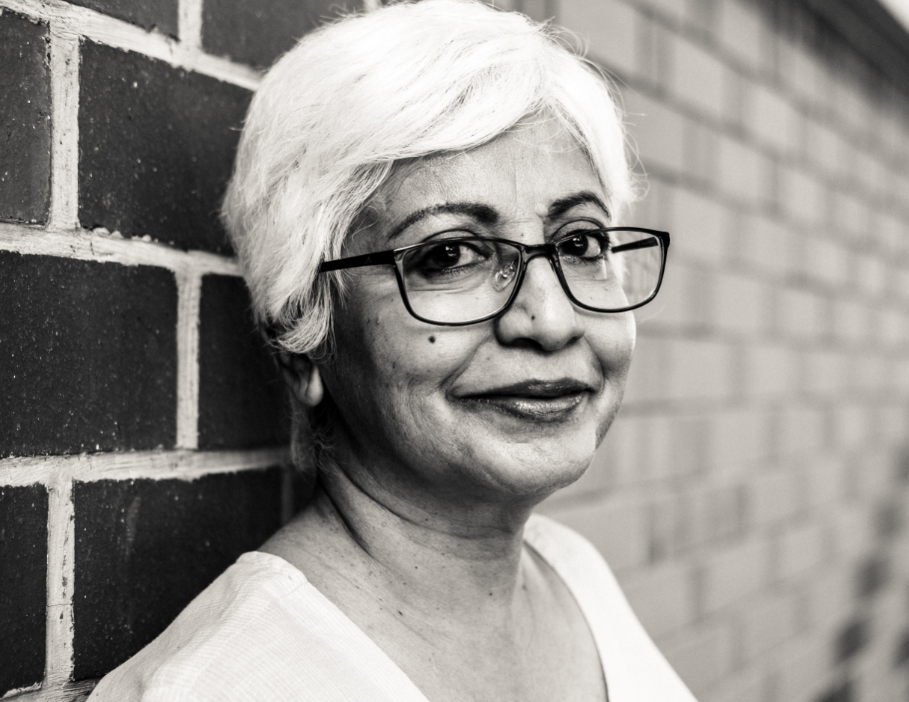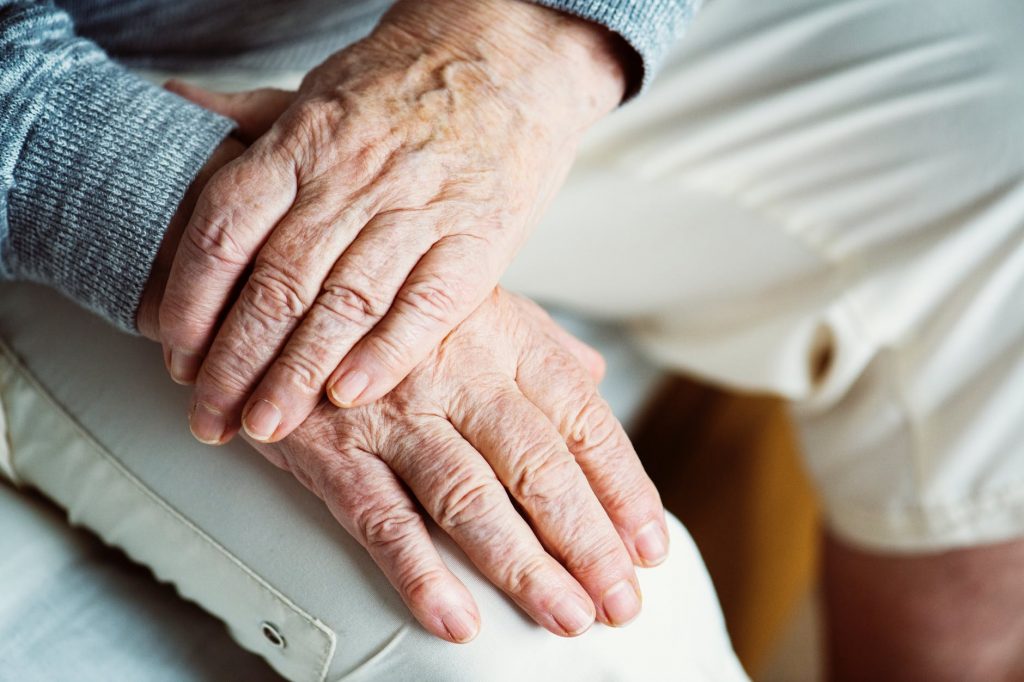AGEING – how to handle the changes (1)
AGEING: changes in the body (part 1)
Usually ageing is just linked to causing wrinkles and grey hair. But there are many other things like how ageing will affect teeth, heart and other things in the body. In this article we will discuss about such various changes occurring in the body with ageing.
Cardiovascular system
The most common changes in the cardiovascular system is stiffening of the blood vessels and arteries, causing the heart to work harder to pump blood through it. The heart muscles changes in order to adjust to the increasing work load. These changes increase the risk of high blood pressure (hypertension) and other cardiovascular problems.
Things can be done to promote health:
- Include physical activities in your daily routine. Try walking, swimming or other activities you enjoy. Regular moderate physical activity can help you maintain a healthy weight and lower your heart disease risk.
- Eat a healthy diet. Choose vegetables, fruits, whole grains, and high-fiber foods and learn sources of protein, such as fish. Limit foods high in saturated fat and salt.
- Don’t smoke. Smoking contributes to the hardening of your arteries and increases your blood pressure and heart rate.
- Manage stress. Stress can take a toll on your heart. Take steps to reduce stress, such as meditation, exercise or talk therapy.
- Get enough sleep. Quality sleep plays an important role in the healing and repair of your heart and blood vessels. Aim for seven to nine hours a night.
Bones, joint and muscle health.
With age, bones tend to shrink in size and density, weakening them and making them more susceptible to fracture. Muscles generally lose strength, endurance and flexibility — factors that can affect your coordination, stability and balance.
Things can be done to promote health:
- Get adequate amounts of calcium. The National Academy of Science, Engineering, and Medicine recommend at least 1,000 milligrams (mg) of calcium daily for adults. The recommendation increases to 1,200 mg daily for women age 51 and older and men age 71 and older. If you find it difficult to get enough calcium from your diet, ask your doctor about calcium supplements.
- Get adequate amount of vitamin D. The recommended daily intake of vitamin D is 600 international units for adults up to age 70 and 800 IU for adults over 70. Many people get adequate amounts of vitamin D from sunlight. Other sources include tuna, salmon, eggs, vitamin D-fortified milk and vitamin D supplements.
- Include physical activity in your daily routine. Weight-bearing exercises, such as walking, jogging, tennis, climbing stairs and weight training can help you build strong bones and slow bone loss.
- Avoid substance abuse. Avoid smoking and limit alcoholic drinks. Ask your doctor about how much alcohol might be safe for your age, sex and general health.







